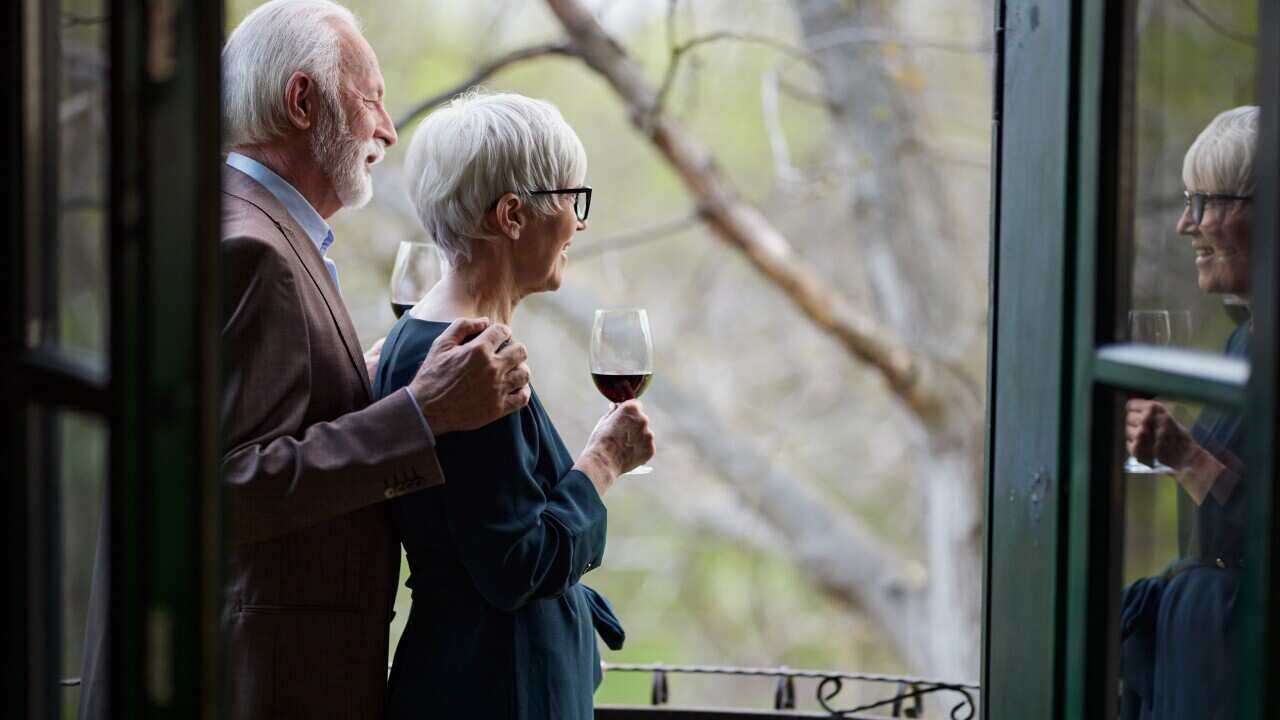TRANSCRIPT
It's been a longstanding belief that Indigenous Australians did not make pottery.
However, recent archaeological discoveries on an island off the Cape York Peninsula have the potential to up-end these assumptions, many of which have roots in colonial undervaluing of Indigenous cultures.
A recent paper published in the Quaternary Science Reviews details the uncovering of 82 pottery pieces from a single dig site and dates them at between 3000 and 2000 years old.
The Walmbaar Aboriginal Corporation chairperson, Kenneth McLean, is a Dingaal clan member and traditional owner of the group of islands on which the pottery was unearthed.
He's told SBS the findings will provide greater opportunity for Indigenous people to understand how their ancestors lived.
"This gives us a clearer understanding of the old people, [who] were a part of making pottery, they were a part of the ancient groups that we are still yet to discover and this sort of research just gives my people, and a lot more Indigenous people the opportunity to discover these ancient artifacts and work alongside archaeologists to look at country a lot better so we can all live to see how old our country really is."
The discoveries were made on Jiigurru, also known as Lizzard Island, and they're the oldest securely dated pottery ever discovered in Australia.
Researchers say that the unearthing weaves Indigenous Australians into the ocean-faring network of people in Papua New Guinea, the Torres Strait and Pacific Islands.
Distinguished professor at James Cook University Sean Ulm co-led the dig, he told SBS that the findings prove that Indigenous Australians not only knew what pottery was but were creating it themselves.
“This research and other research that is going on at the moment is increasingly challenging, stereotypical views of what we think about the deep Aboriginal past. I mean, one of them is that Aboriginal people didn't have pottery. This find clearly demonstrates that Aboriginal people not only knew about pottery, but were indeed making it on their countries. And the fact that we've found it at this sites suggests that further research will find more instances of pottery elsewhere in Australia, particularly the east coast of Cape York."
Professor Ulm says the findings will also help researchers open a new chapter in Australian, Melanesian and Pacific archaeology, challenging misconceived notions of isolation from other cultures in the Pacific.
"And evidence like this really demonstrates that not only were Aboriginal nations intimately connected to each other, but they were intimately connected to people over very wide areas. And in this instance, the traditional owners of Jiigurru, were connected to communities up the east coast of Cape York Peninsula through Torres Strait, into Southern New Guinea and beyond, which is where we think the knowledge and technology to make the pottery, probably ultimately originates from and its being passed through those exchange networks and alliances systems which is a really powerful example of the transfer not only of material goods, but of the ideas behind them. "
The research findings say the use of geological analysis shows that the pots were most likely made using locally sourced materials.
Kenneth McLean says his ancestors would have likely used the clay pots to carry water and shellfish on long canoe voyages.
He says Jiigurru is deeply connected to ancient Songlines and that the findings prove that there are many artifacts yet to be found.
"Yeah, it's something that like all of our Indigenous people can see and look at their country a lot more, not just for the past few centuries but for the past few thousand years and that way we could actually understand how our environment was and how the old people were hunting and gathering and the tools they used for hunting and gathering, and along with the trading, it was part of our songline and the songline runs throughout the country of Australia and it's the most important thing to my people and within these Songlines, there's a lot of ancient artifacts that are still yet to be found"
Within the research paper, the authors say that these findings are important in deconstructing colonial myths.
The apparent absence of pottery, as noted by European observers, has been used to support racist hierarchies and a stereotype that Indigenous communities lacked complexity and innovation.
Mr McLean says that because Europeans destroyed so many Indigenous things, this exciting discovery gives younger generations an opportunity to understand the old ways on country.
"For myself, holding those ancient artifacts, with those pottery were found on country, it gives us a different thought about how our old people were on country and it's a great feeling holding something that was made from the ancestors on country"
Mr McLean says he and other traditional owners educated the researchers about the significance of sacred sites on the islands, and gave permission to excavate the sacred site.
A permission and education that Professor Ulm says is critical for the success of this kind of research.
"Research like this is only possible through authentic respectful partnerships between researchers and the traditional owner communities. And you know there's an example of fantastic project that's driven by traditional owner interests and working respectfully together leads to these extraordinary outcomes."













